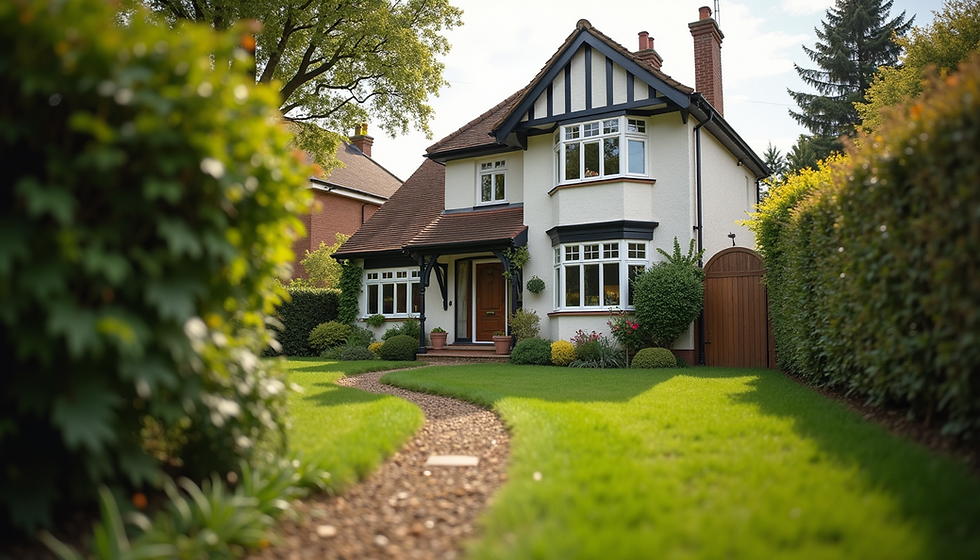Selling Your Home For Less Than Market Value
- Viva Retirement Solutions

- May 7, 2019
- 3 min read
Updated: Oct 28, 2019

Can we sell our £240,000 property to our children for a knockdown price to raise cash and avoid care home fees?
Here we explore an interesting article from This is Money explores how selling your home for a lower price to your family may not be the best option and how equity release can help.
Our property is worth about £240,000. My husband and I were thinking about equity release, but the family don't like the idea. If we were to sell the property to our two children for £70,000 as this is the figure we were thinking about for equity release, and they raise a mortgage on this amount, would there be any problems? I was thinking by doing this, as we would not own the house any more, that if one of us were to go into a home there would be no fees for us to pay.
Michael Culver, a board director at Solicitors for the Elderly, replies: Selling a house to your children for less than it is worth isn't effective tax or care funding planning, and specialist legal advice should be taken so alternative measures can be considered.
This means that the sale would be disregarded, and the home still considered to be your asset, hence you would be liable for care fees. At an extreme, your local authority – which would otherwise be funding your care - would seek to have the sale overturned. There is no time limit on a local authority's ability to take action in these matters, so it wouldn't matter how much time had passed since the sale of your house.
The sale of the property to your children is certainly possible but should not be entered into lightly. The same applies to any other gift you make to your children which is deemed to be 'deliberate deprivation' - technically, this house sale could count as a gift as it would be done at a bargain price.
If one or both of you go into a care home in the future, and don't qualify for NHS continuing health care, you would be deemed as 'self funders' when it comes to paying the bills, given the value of your property.
That means you would have to pay care costs until your assets, including the value of your home, were depleted to £23,250.
Local authorities are, in certain circumstances, obligated to offer a 'deferred payment agreement' when someone owns a property and goes into care. It works a lot like equity release but there are no payments and all that happens is the charges for care are paid after your death when the house is sold. The terms of these vary but many local authorities still offer interest free arrangements. It's worth mentioning that when you lack available assets to pay for care, this could result in you having a very limited choice when it comes to what type of care home you reside in during the last few years of your life. In other words, you could end up living somewhere far less comfortable than you might prefer. This is often overlooked when people consider extreme measures to mitigate future care fees.
How Could Equity Release Help?
Releasing equity from your home can allow you to release funds whilst you carry on living in it. So if you were wanting provide your children with cash, home improvements or a much needed holiday, equity release could be the option for you.
There are many different equity release options and at Viva Retirement Solutions we will talk you through all of them and advise you on the right course of action. Even if that is advising you that equity release is not the right option.
Why not contact us today to see how we can help your equity release goals.



